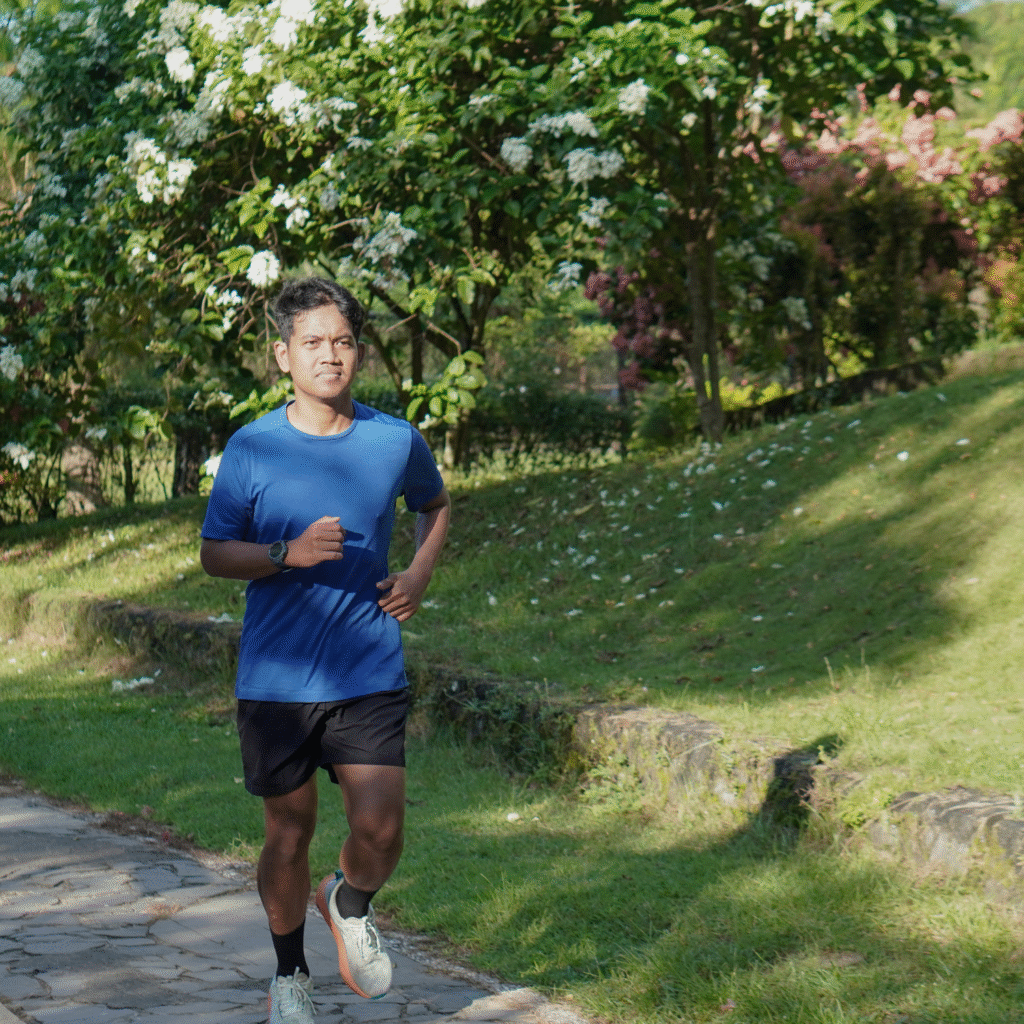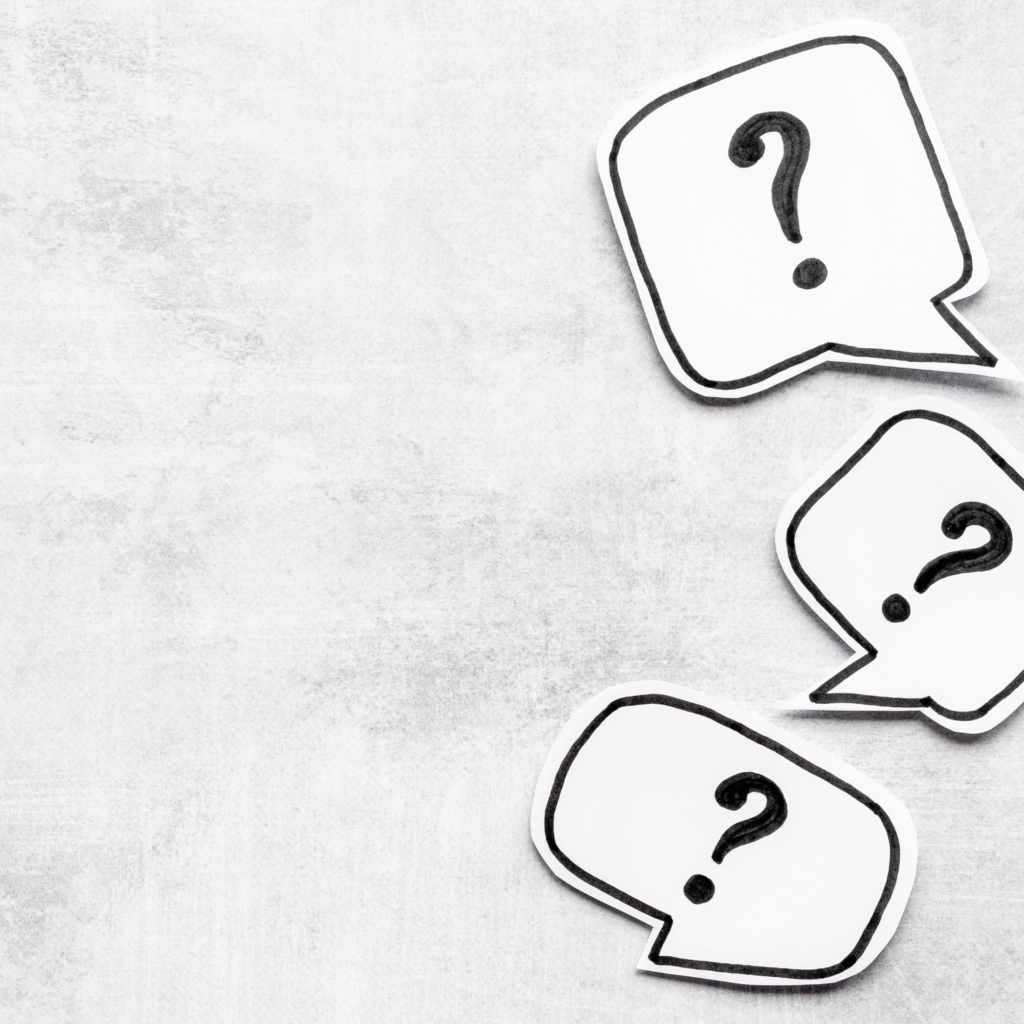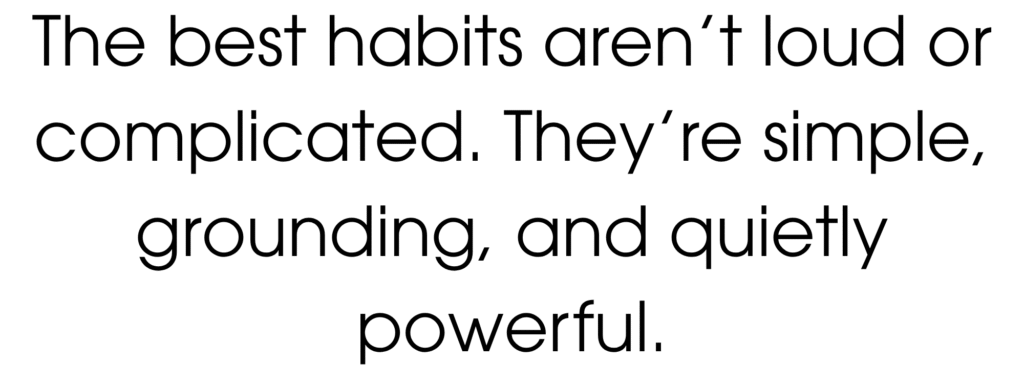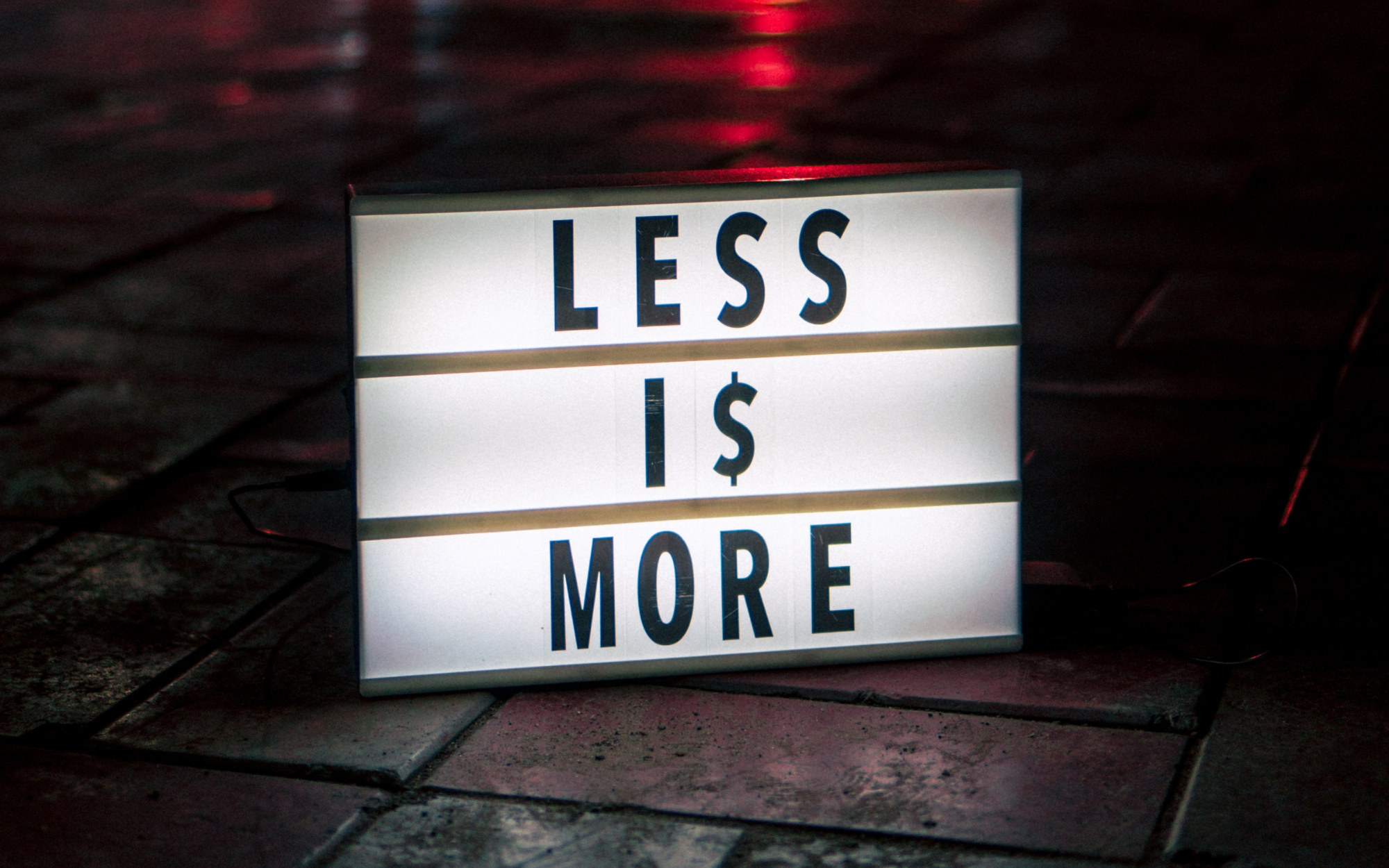We often believe that growth means doing more — more goals, more habits, more effort. But sometimes, growth is found in doing less. In slowing down. In focusing on what truly matters instead of trying to juggle everything at once.

If you’ve ever found yourself creating an ambitious habit list — morning workouts, journaling, reading, meditating, cold showers, clean eating, and a dozen more — you’ve probably also felt the weight of trying to keep up with it all. It’s inspiring at first. Then exhausting. Then quietly discouraging when you start slipping.
The truth is, habits aren’t supposed to drain your energy. They’re meant to support your energy — to help you live in a way that feels balanced, meaningful, and sustainable.
The Trap of Over-Habiting
There’s a kind of pressure in today’s “self-improvement” culture. You see it everywhere: productivity checklists, morning routine videos, and habit trackers that make your day look like a competition.

And while habits are powerful tools, they lose their magic when they turn into obligations rather than intentions.
When you chase too many habits at once, something subtle happens — your focus fragments. You start doing things because you should, not because you choose to. You tick boxes instead of feeling progress. And eventually, instead of creating peace, your habits create noise.
That’s the moment to pause and ask: Are my habits serving me, or am I serving them?
Why “Less” Works Better
Simplifying your habits doesn’t mean you’re giving up on growth. It means you’re refining it.
Here’s why “less” often leads to “better”:
1. Focus deepens results.
When you concentrate on one or two key habits, you give them room to grow. You start noticing the subtle shifts — the way your mornings feel lighter after a week of journaling, or how your mood steadies after consistent exercise. Depth replaces distraction.

2. Consistency becomes effortless.
Simplicity removes resistance. It’s easier to maintain three meaningful habits for months than fifteen scattered ones for days. You stop battling overwhelm and start flowing with rhythm.

3. You gain clarity about what truly matters.
When you strip away the unnecessary, what remains reveals your real priorities. Maybe you discover that meditation helps you more than any productivity hack. Or that a daily walk gives you more clarity than an overcomplicated routine ever could.

“Less, but better” is not about minimalism for the sake of it — it’s about alignment. It’s about ensuring that what you do daily reflects who you want to become.
The Art of Refining Your Habits
So, how do you move from doing more to doing better?
Here’s a gentle process you can start today:
1. Review your current habits.
Write them down. Everything — from the big ones (like working out) to the small ones (like checking your phone right after waking up).

2. Ask what each habit gives you.
Does it bring peace or pressure? Growth or guilt? If a habit no longer feels nourishing, maybe it’s time to release it.

3. Choose your top three.
Pick the three habits that genuinely make you feel more like yourself — not the ones you think you should have, but the ones that uplift your days.

4. Refine, don’t rush.
Focus on improving those few habits rather than adding new ones. If journaling helps, make it deeper. If movement grounds you, make it more mindful.

5. Leave space for being.
Remember, balance isn’t about constant doing. Sometimes, the most powerful habit is allowing yourself moments of stillness, reflection, or play.

Peace as Progress
There’s a quiet kind of success that doesn’t show up on charts or trackers. It’s when you wake up and your routine feels natural — not forced. When you no longer need to remind yourself who you’re becoming, because your habits already reflect that person.

Doing less allows your mind to rest. And when your mind rests, your awareness sharpens. You start living with intention instead of motion.
Imagine your life as a garden. Every habit you plant takes energy — time, attention, care. If you plant too many, none thrive. But if you nurture just a few, they bloom beautifully, filling your space with growth that feels alive, not overwhelming.
Letting Go Without Guilt
It’s okay to let go of habits that once served you. It doesn’t mean you’re failing; it means you’re evolving.
Sometimes a habit that worked for you last year doesn’t fit the person you’re becoming now. Your routines should shift as your seasons do.
So, if you’re tired of chasing perfect habits — pause. Choose the ones that matter. Let go of the rest.
You’ll find that in doing less, you gain more — more energy, more clarity, and more time to actually live what you’ve been trying to build.
The Beauty of Simplicity
Growth doesn’t always come from adding more steps, more systems, or more structure.
It often comes from subtracting — from removing what distracts, and keeping what truly connects.

They fit your life like a heartbeat — steady, familiar, and life-giving. So maybe today, don’t ask, “What more should I do?” Ask instead, “What can I release to make room for better?”
Because sometimes, peace is the greatest form of progress.





